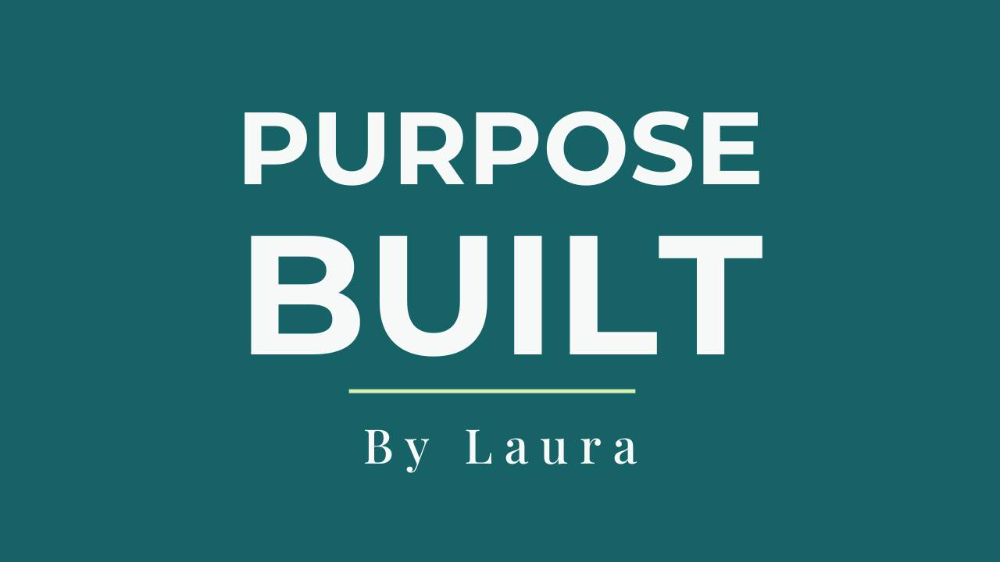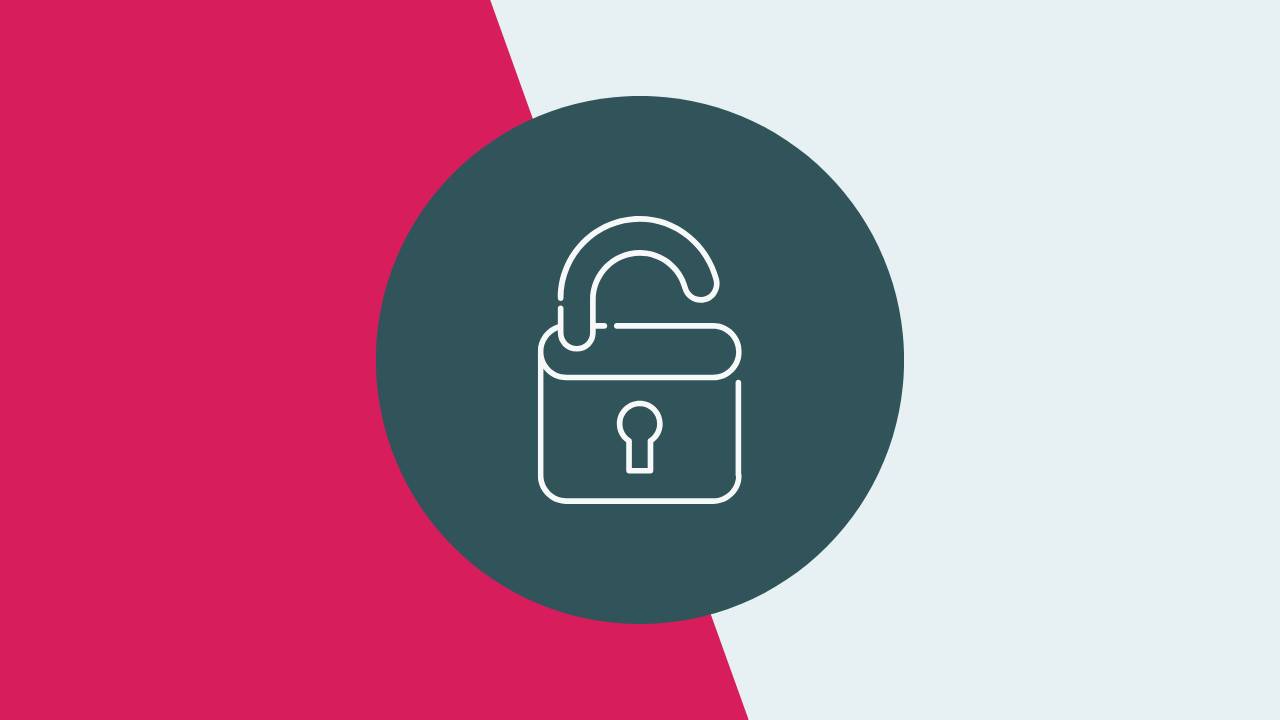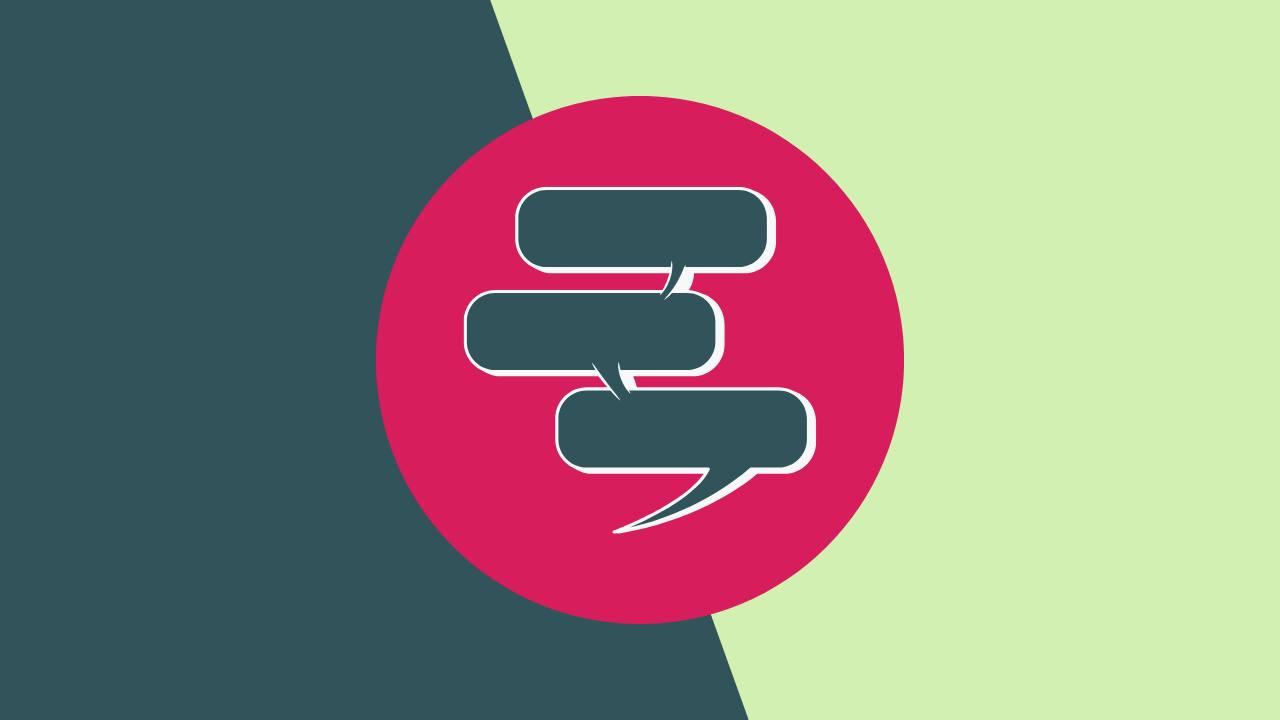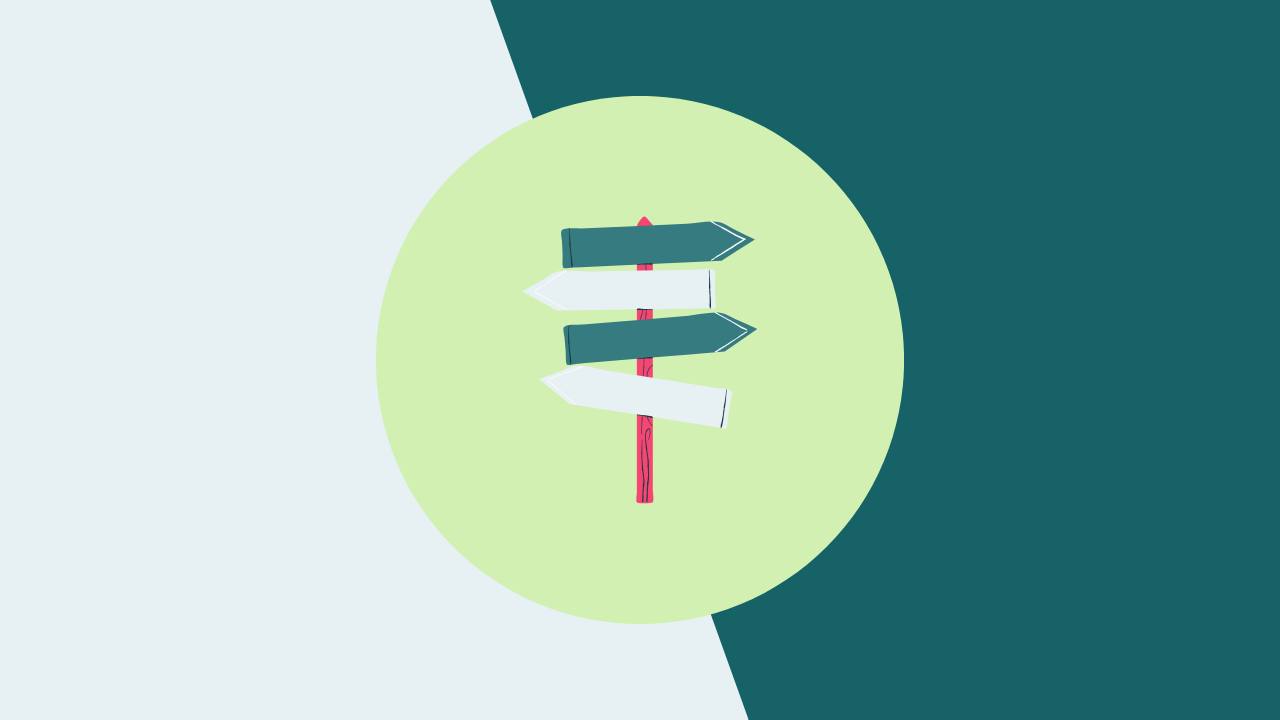What Happened to the Cocktails?
My birthday is usually just another day where the main gift is not having to parent. I don’t typically spend time reflecting on my past or future year. I’m not nostalgic or big into anniversaries. For years, a friend had to remind me when my wedding anniversary was. Thanks to her, fifteen years later, I now remember.
But it's my birthday week and this year feels a little different—probably because I’m now solo in this business adventure and spending a lot of time in my own head. So I started thinking…
When I turned 40, I decided it would be my Decade of the Cocktail. I was never a big drinker, but as a European, wine was part of life. I wanted to be more intentional about my drinking, so I decided I would learn how to make really good cocktails. Fewer, but better drinks.
Then, a year later, I started taking anxiety medication—and now almost any amount of alcohol gives me an instant headache. So, my 40s, I guess, have become the Decade of Mental Health.
Not quite as jazzy, but probably what I needed most. On my 39th birthday—almost four years ago—I quit my job in global public health. Looking back, 40-year-old me should have seen this coming.
And I don’t think I’m alone in this shift. We’re in a cultural moment where reflection is everywhere. Healing, growth, boundaries, disregulation, self-diagnosis—it’s the language of our time. And while it can be overused, it also reflects something true: more of us are trying to live lives that actually feel like our own.
One of the common themes with my clients is how we measure success. I work with a lot of recovering perfectionists: highly independent, with incredibly high standards for themselves. There’s a fine line between healthy high standards and self-destructive ones. So we often end up talking about how they’re constantly moving their internal goalpost—always up, never back.
When they hit a goal, they often believe there’s little to celebrate, because the expectation was that they’d meet it no matter what. A kind of “I can’t celebrate it, because of course I met it. I had to.” Or “Well, that was easy, so I must not be pushing myself hard enough.”
If no one’s told you lately: you’ve done a lot. You’re allowed to look back, pause, and celebrate before charging ahead.
Right now, I’m going to take some of my own advice. I want to acknowledge. I don’t want to move my goalposts. So here we are. When I stop to actually look back on this year, here are a few things I want to remember—things I’m proud of, even if I wouldn’t throw a party for them:
-
Showing up weekly for my Dutch lesson and doing my homework most of the time. It’s hard to fit in learning Dutch with everything else. I’m celebrating a year of slow and steady.
-
Pushing through the discomfort of trying new things in business. This year I launched two new products, experimented with new and scary marketing, and started writing more consistently. I’m following a lot of the advice I give my clients during times of change. Practicing what you preach can be hard.
-
Constantly working to parent my kids in a way that is loving, kind, and respectful of who and where they are. A never-ending, iterative process of learning, frustration, and correction. We had some great moments this year.
-
I’m making new friends. This year, I put myself out there to connect with a few new people. I’m pausing to note the conscious effort I’ve made: dinner and coffee invites that have resulted in working towards community and connection.
-
Choosing to replace the part of me that says more is better. More for the sake of more is a race I don’t want to be part of. Had I done “more,” what would the tradeoff have been? I’d be more anxious, less honest with myself, and sleep-deprived. We are allowed to change who we are and what we want.
If I’m lucky, I’ll get 40+ more years of this wild ride.
And this decade—this Decade of Mental Health—is already becoming something deeper. It’s marked a transition to being okay being me. Not being scared to put out what I think, in pieces like this, but also figuring out what I do have to say.
It’s not about doing more—it’s about being more me. And figuring out what exactly that is. Everyone says that as they get older, they care less about what other people think. Is this just that? Older folks, tell me.
What will happen as these baby steps I’ve taken become a little bigger, a little more confident?
We’ll get back to regularly scheduled programming next week with some thoughts on the ethics of using AI in a purpose-led, values-led business. (it never gets easier, does it?)





Responses